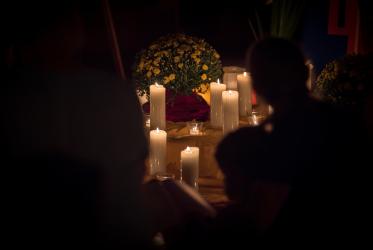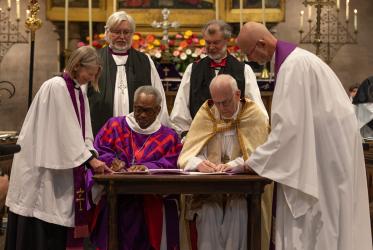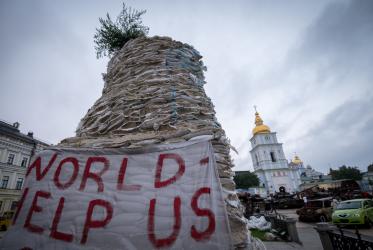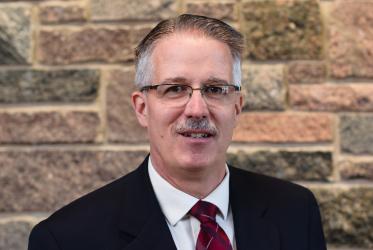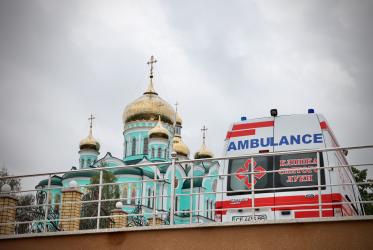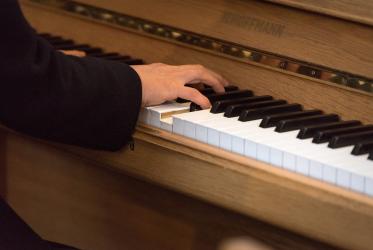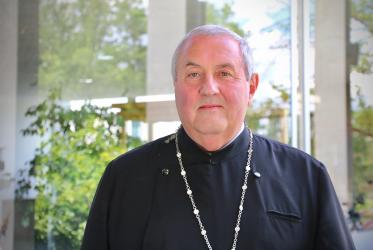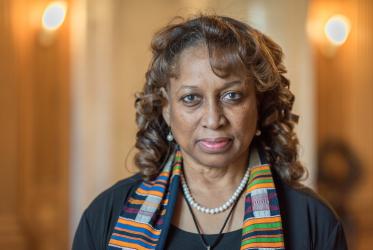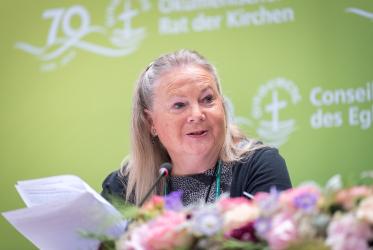Displaying 21 - 40 of 269
Ukraine: Responding to humanitarian need
08 September 2022
Monastery in Ukraine responds to the consequences of war
09 August 2022
Rev. Dr Angelique Walker-Smith receives Figel Ecumenism Award
25 February 2022
Prayer life of Bishop Mary Ann Swenson has deep roots
31 January 2022

